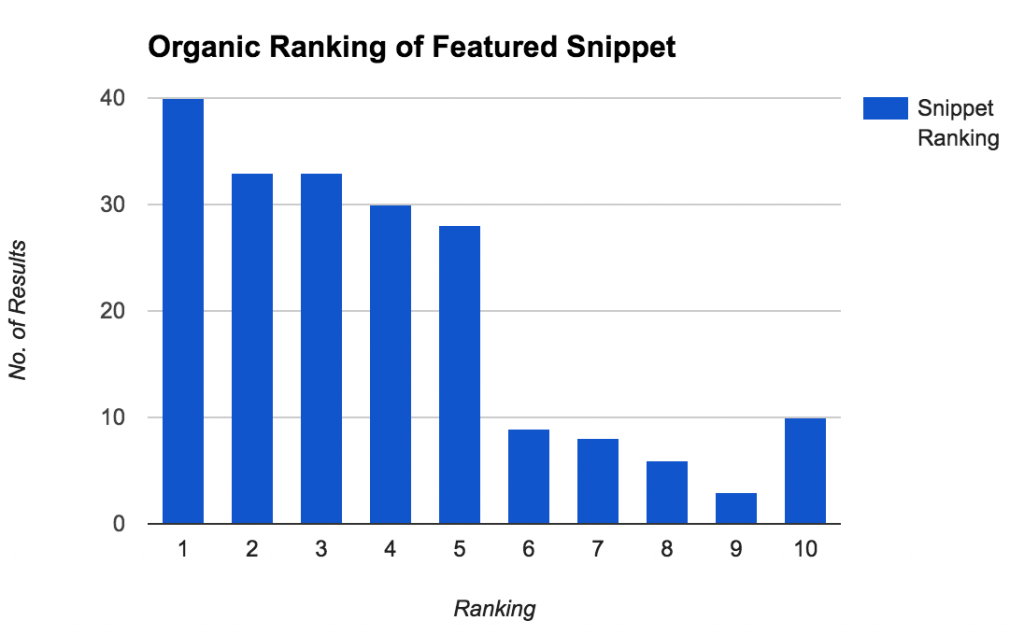How Often Should You Audit Your Website?
Being aware of the health of your website is an absolute necessity. Regular website audits to assist you to remain on top of any changes that need to be made to your website.
Is it possible for you to track the progress of your SEO (search engine optimization) efforts? Are they meeting your expectations?
Is your name coming up when people search for you? Do you know why you’re not getting the results you want, or how to fix it?
You should probably perform an SEO audit if you can’t answer these questions. In my experience, these audits can provide you with detailed facts and information on things like page efficiency, traffic, and more.
This tool will allow you to keep tabs on the performance of the keywords you’ve selected, as well as how your site compares to the competitors.
You’re well aware that SEO is a long-term endeavour. This can be irritating and make it appear as though you’re not making any progress at all. SEO audits should be performed at least twice a year.
If your company is tiny and your website is small, you can get away with doing these audits twice a year. Reviewing your website every three months makes more sense for larger firms or websites that have a lot of new content added each month.
An audit plan and checklist can save time and work, no matter how often you do one. To assist you in your own preparation and the success of your website, here are a couple of extra things I’ve learnt about SEO audits.
In-Depth Audit
You can guarantee that your site is functioning properly by conducting a technical analysis. As a result, all links point to the correct location, and all images appear fast on the screen. Look at all of the site’s technical aspects.
On-Page Evaluation
This means that the content on your website must be relevant to your company’s brand, goods, and services. It’s also an excellent moment to take a look at the keywords you’re using.
In order to find problems, check the content categories and make sure that everything is consistent with your overall business goals. Your site’s rating will suffer if your content strategy is haphazard and unstructured. There should be no duplication of content.
Off-Page Analytical
You can’t manage everything when it comes to off-page SEO, which makes it difficult. You want to guarantee that Google regards your site as a reliable source of information. Shady SEO methods, user reviews, and incoming links are all things to watch out for.
You can think of the SEO audit as a kind of check-in to see if your actions are still working or if you need to make adjustments. As a result of today’s technology, performing these audits is a lot easier than you might expect.
Website Audit: What, Why, and When Should You Do It?
As a self-storage company, you may view your website as a static tool designed to generate sales. Your website should be viewed as a living and breathing creature if you want to take the company to the next level.
And just like any living creature, it deteriorates over time. The authority score and search engine rankings can be harmed as a result of outdated keywords, slow-loading pages, and other issues.
In the absence of major declines in rentals or rankings, you can think your website doesn’t require any changes provided it is well-designed and comprehensive. However, the site’s current strategy may not function in the future. That’s why it’s important to maintain it up to date on a regular basis.
Maintaining your self-storage website becomes a full-time task when you consider the numerous algorithm modifications Google has made to account for users’ ever-changing search behaviour. Despite the fact that some changes are little, others might have a significant influence.
Take a careful look at your existing content, keyword rankings, and general design when these changes occur. It is important to conduct a thorough audit in order to discover areas for improvement. Updating a single keyword isn’t enough.
Routine maintenance of your website’s on-page SEO and technical SEO will help you maintain your high SERP (search engine results page) ranks as well as improve the overall user experience.
Performing a website audit is something you should do at least once a year. This article will show you what to look for and how often. You can maintain your site up to date and competitive in the self-storage sector by breaking these chores down into smaller chunks.
Keeping an eye on your website’s search engine
In order to rank well in search engine results pages (SERPs), a website’s organic performance is critical. But what should you look for while performing a technical SEO audit? Things to keep an eye out for include:
- 404 and 500 error codes are also common.
- Links that don’t work
- 301 re-direction hierarchy
- The title tags are missing.
- Meta descriptions that don’t match the content
- An image’s alt text is missing.
- More than 100 kilobytes in size compressed photos.
For example, robots will catalogue the aforementioned problems when they crawl your page, which could severely effect search engine results. Inconsistencies in user intent are one thing; inconsistencies in user experience are quite another.
Your self-storage website’s authority is influenced by both. Taking care of these issues on a regular basis helps ensure that your website is healthy.
Updates to software
Updating your self-storage website’s back end on a regular basis will help keep it safe and secure by ensuring it is running on the latest software. Updates to your website may have already been made if it is hosted by a service such as Wix or Squarespace.
A WordPress-based site hosted by an agency is in the same boat. To maintain your website up to date with new plugins and security updates, you often pay a web agency to do it. Every two weeks, make sure the following are updated: Core and plugins for WordPress, together with a variety of server software options
The Info and Content
Self-storage website content refreshment is a long-term effort, unlike easy and straightforward technical SEO and website changes. Even though it may take months for Google and other search engines to completely comprehend fresh content, it doesn’t mean that it should be ignored entirely.
As a matter of fact, both content and technical SEO are intimately intertwined. On-page SEO features like header tags, keywords, title tags, and meta descriptions all play a role in the ranking process.
In addition, content is what gives your website its overall purpose. Your brand’s message is tied to your design through content, which is why it’s important to have a well-designed website.
Well-written content isn’t enough; you need it to rank well in search results for your targeted keywords and meet the needs of your intended audience as well.
Begin by inserting more keywords and conducting a competitive study to develop new keyword tactics when it comes to keeping your website content. On the other hand, it’s still a good idea to do frequent audits of your site in order to identify areas for improvement and new prospects.
You can audit your self-storage material on your own, but a programme like PageOptimizer Pro might be more beneficial because it can swiftly analyse your web pages and make recommendations depending on your competition.
This type of program’s recommendations should only be taken into consideration if they don’t considerably or negatively interfere with the natural flow, prose, and brand tone of your website.
An Evaluation of the Competition
If you want to find out what keywords your self-storage competitors are using, competitive analysis is an excellent place to start. Marketing tools like Semrush can help you uncover this information.
Content that incorporates keywords like “climate-controlled self-storage units” would be a good idea if other facility owners in the region are ranking well for these terms.
As part of your competitive analysis, you’ll be able to see what other companies are using on their websites. You can then think about how they might enhance your own site’s user experience and appeal to a wider audience.
The Next Step
Your self-storage website needs to be updated often on all fronts, but staying up to speed with the most recent version of Google’s algorithm is very crucial. It’s possible that some algorithms will give you ideas for enhancing the user experience on your website, even if they don’t directly apply.
Taking a look at your site’s analytics can help you identify pages that need improvement.
You should re-evaluate your website if your self-storage business has grown significantly in the last year. If you’re about to launch a new website, conducting user tests or heat-map tests might help you discover where your visitors get lost.
Keep your website up-to-date to avoid security breaches or a drop in search engine results. This is a large responsibility, but it’s one you should not neglect. If you wish to keep these responsibilities in-house, assign them to a few people on your team.
If you’d rather outsource, look for a freelancer or digital-marketing business with experience in web, SEO, and content management.
In order to assess whether recent Google core updates affect your site’s performance, an agency will keep your site up to date and study it.
Your self-storage website needs to be updated regardless of the path you take, so that clients may have a nice digital experience. If you want your digital footprint to keep growing, then this is a good option for you.
If you want to learn why your website isn’t ranking well on Google, you can use MediaOne’s free website SEO audit tool. Find out in a matter of minutes if there are problems with your website’s ability to rank well for the keywords that will bring you more visitors and revenue.





